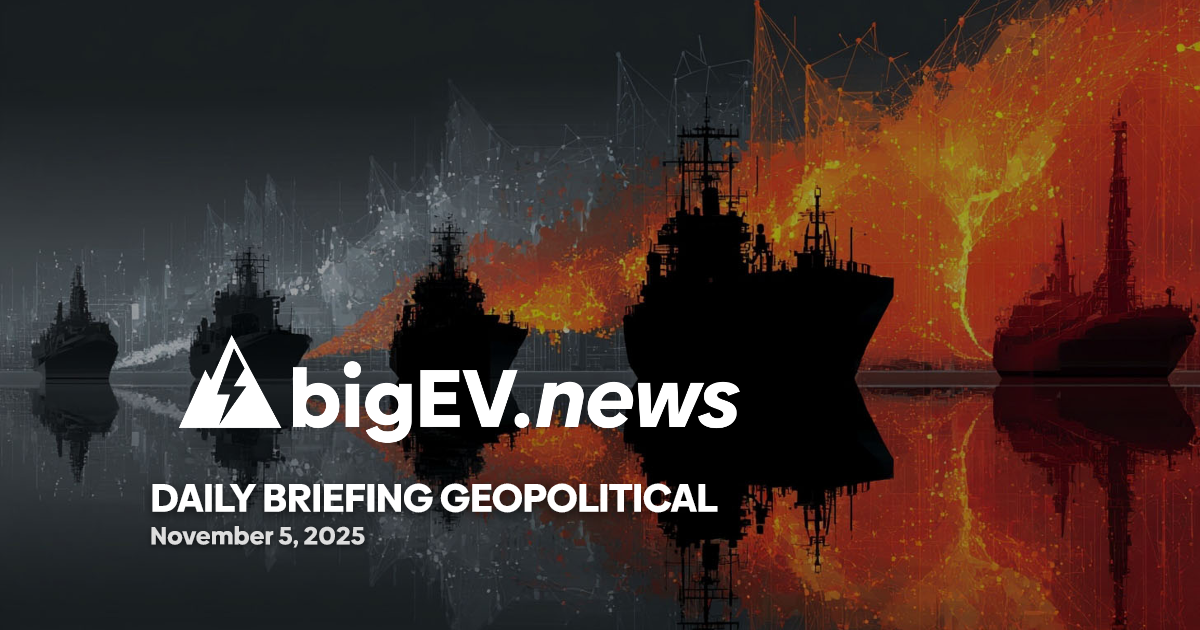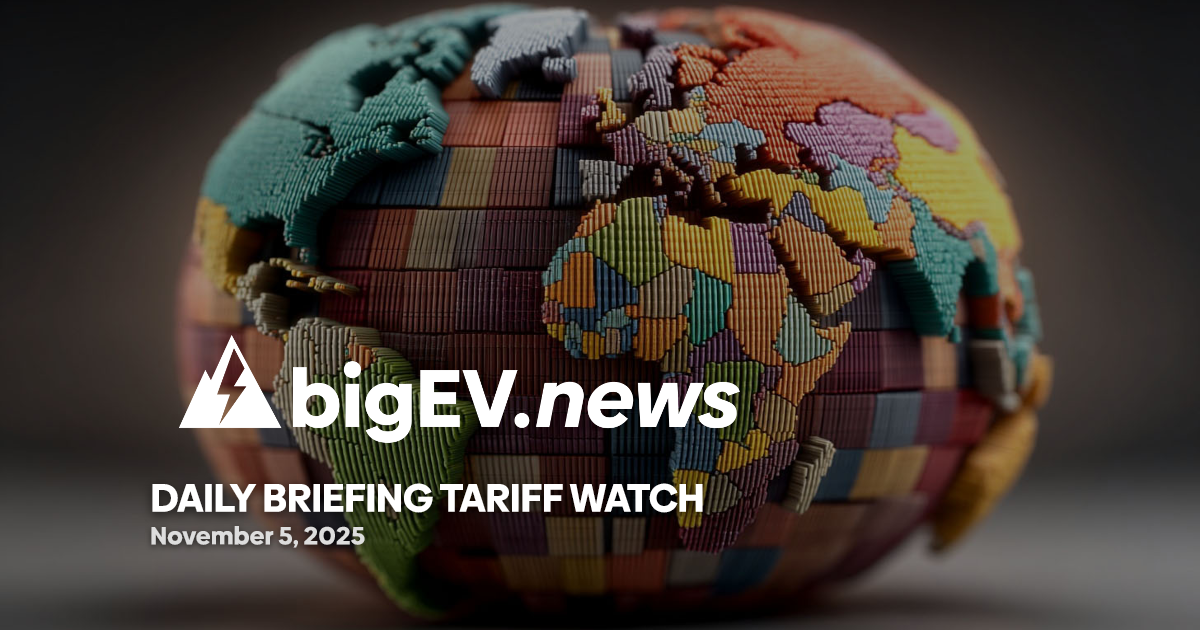The geopolitical landscape is shifting as emerging powers respond to the tariffs imposed by the Trump administration, which have significant implications for global trade dynamics. These tariffs not only affect the economies of the United States and its immediate trading partners but also compel middle powers to reassess their strategic positions. The increasing importance of these states, as highlighted by the institute's 'Middle Powers Project', underscores their potential to influence international relations and economic policies. The central problem lies in how these nations navigate the complexities of protectionism while striving to maintain their economic growth and diplomatic relevance in a rapidly changing global environment.
Emerging powers are leveraging their strategic importance to forge new alliances and enhance their bargaining positions in the face of U.S. tariffs. By diversifying trade partnerships and investing in regional cooperation, these nations can mitigate the adverse effects of protectionist policies. The key takeaway is that the response of these middle powers not only reflects their resilience but also signifies a broader shift towards a multipolar world where traditional power dynamics are challenged. As these states assert their influence, the implications for global trade and diplomacy will be profound, potentially reshaping the rules of engagement in international commerce.









